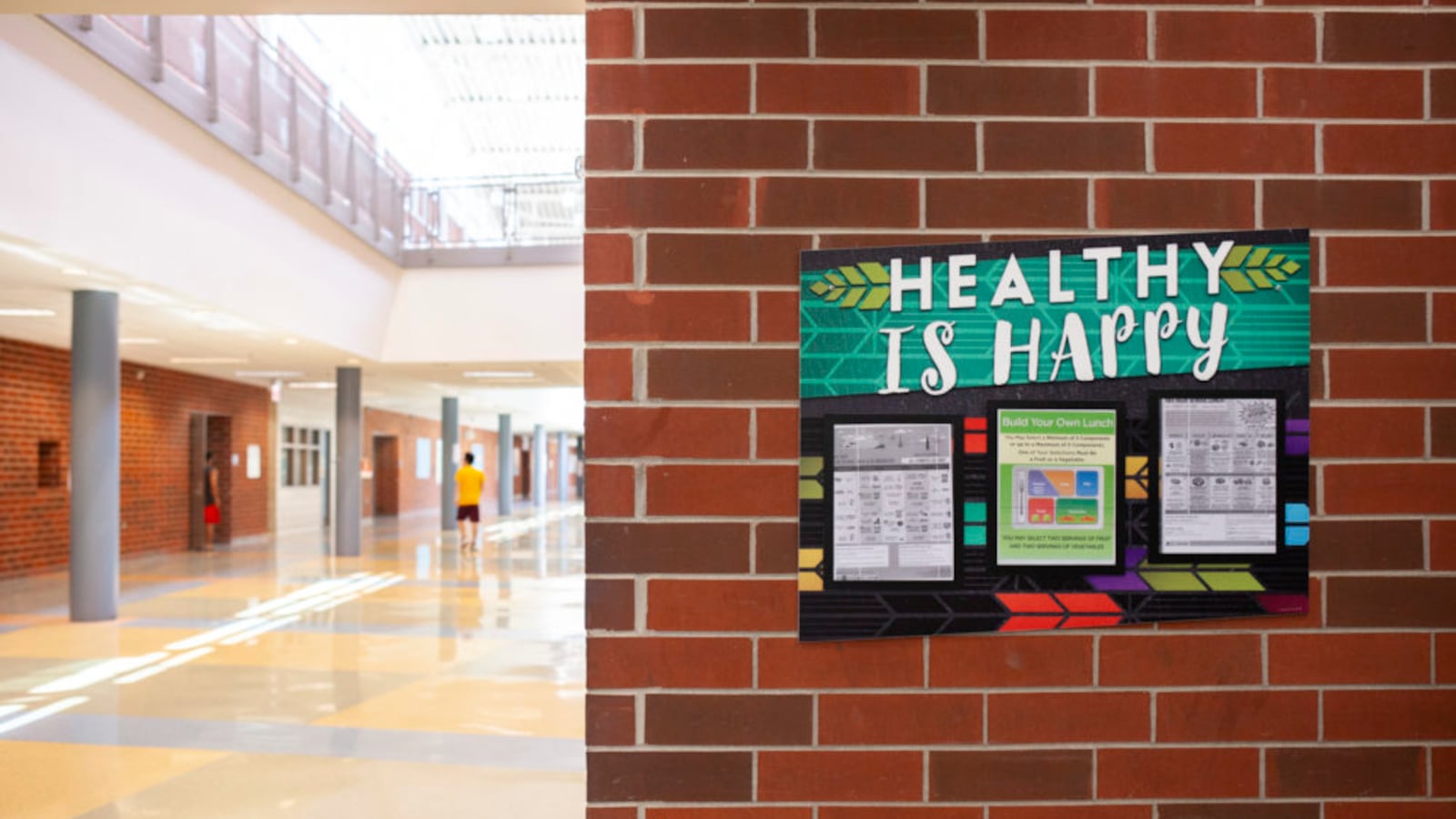Chicago’s public schoolchildren deserve a nurse in every school, every day.
I’m a certified school nurse, and I listened closely to Mayor Lightfoot’s recent announcement that the city would add 250 more nurses over the next five years. I’m cynical due to the history of promises that have been made to students that have gone unrealized.

Some people might be cynical for other reasons, arguing that more nurses in more schools is unnecessary, or overkill. My experience has taught me otherwise.
In my first year with the Chicago Board of Education, I was assigned to three schools. My second year, that number grew to five. This past school year I started out with six, which was fortunately dialed back to five about a month later.
There are multiple reasons that Chicago students deserve a nurse in every school, every day. One is to care for physical wounds. I was once called out of a meeting to help a 5-year-old who had fallen in the school’s playground. Soon into my assessment, I realized his leg was broken and was there to counsel against another adult who suggested we get the child up to walk. I called 911 and the parents, and he got the help he needed. I’m not sure what would have happened to the child’s leg if no nurse had been present.
Treating post-traumatic stress is another reason to have nurses. One day, a student had an altercation before school which led to someone else calling the police, and I tried to calm the student down. In this instance, I ultimately failed to deescalate the situation, as the student ended up being handcuffed and walked out of the building past a number of classmates. I later learned this student’s parent had been killed by the police, and I can only imagine the emotional trauma that was the source of their unregulated behavior.
We also need a nurse to help navigate health inequities. It was my dogged interrogation of a parent who was not getting their child’s health screening done that eventually revealed the reason: the parents were undocumented, and they understandably feared that applying for health insurance could result in their family being torn apart. Along with school support staff, I met with the parents and discussed their concerns. We connected them with other CPS staff in the area who work specifically with families and eventually got the student insured.
Nurses are known for their honesty and ethics for a reason: we care about our patients and demonstrate this every day through our work. I did the best I could with the time I had across five schools, but this year involved a lot of running around, and there was little room for preventative teaching.
Moreover, CPS nurses are often assigned new schools every year, making the job even tougher. Learning about a school, meeting new people, and building strong relationships within communities all take time, and this becomes almost impossible to do when the reset button is hit annually.
It does not take a statistician to understand that when a nurse has too many patients, is stretched between too many schools, or has to readjust to new school settings each year, the lower the overall quality of care will be. And quality of care truly matters, as full-time nurses can more effectively reduce absenteeism, increasing students’ access to learning.
And there’s also the problem of how Chicago’s nurses are employed. Currently, CPS employs about 300 nurses for over 500 schools. CPS currently fills this staffing gap with a less-than-ideal solution: contracting with private agencies to staff between 180-220 daily nursing assignments. Last December, the board voted to commit another $26 million to these companies through 2021. I worked with one contracted nurse who had built excellent relationships with the three diabetic students under her direct care. Eventually, she had to quit her agency job because it did not provide health insurance. But she couldn’t just go work for CPS, either, because temp nurses’ contracts prohibit them from immediately becoming direct school employees, meaning those students lost that relationship.
Other cities have been making headway on this staffing issue; students in Los Angeles, for example, will now have much more access to school nurses, due to the new contract that the teachers union negotiated. Mayor Lightfoot should follow Los Angeles’ example, making her promise to hire more school nurses real by writing it into a new labor contract.
Prior to working in the Chicago’s public schools, I spent more than eight years in the adult emergency department at Cook County’s Stroger Hospital. It was a rewarding and challenging job that I loved, but I made a career change because I wanted to be involved in educating our youth about the importance of health maintenance. My thought process was maybe too simple: an ounce of prevention is worth a pound of cure.
I also naively believed that my stress level and accompanying blood pressure might be ameliorated by bearing less witness to how the triad of poverty, racism, and health inequity wreaks havoc upon human bodies. Unfortunately, in schools, I see the same issues and hear the same stories almost every day — only hurting kids, rather than adults. More nurses in more schools would help.
Dennis Kosuth has been a school nurse in Chicago Public Schools for the past three years. Prior to that, he worked in the Stroger Hospital Emergency Room in Cook County.
About our First Person series:
First Person is where Chalkbeat features personal essays by educators, students, parents, and others trying to improve public education. Read our submission guidelines here.


